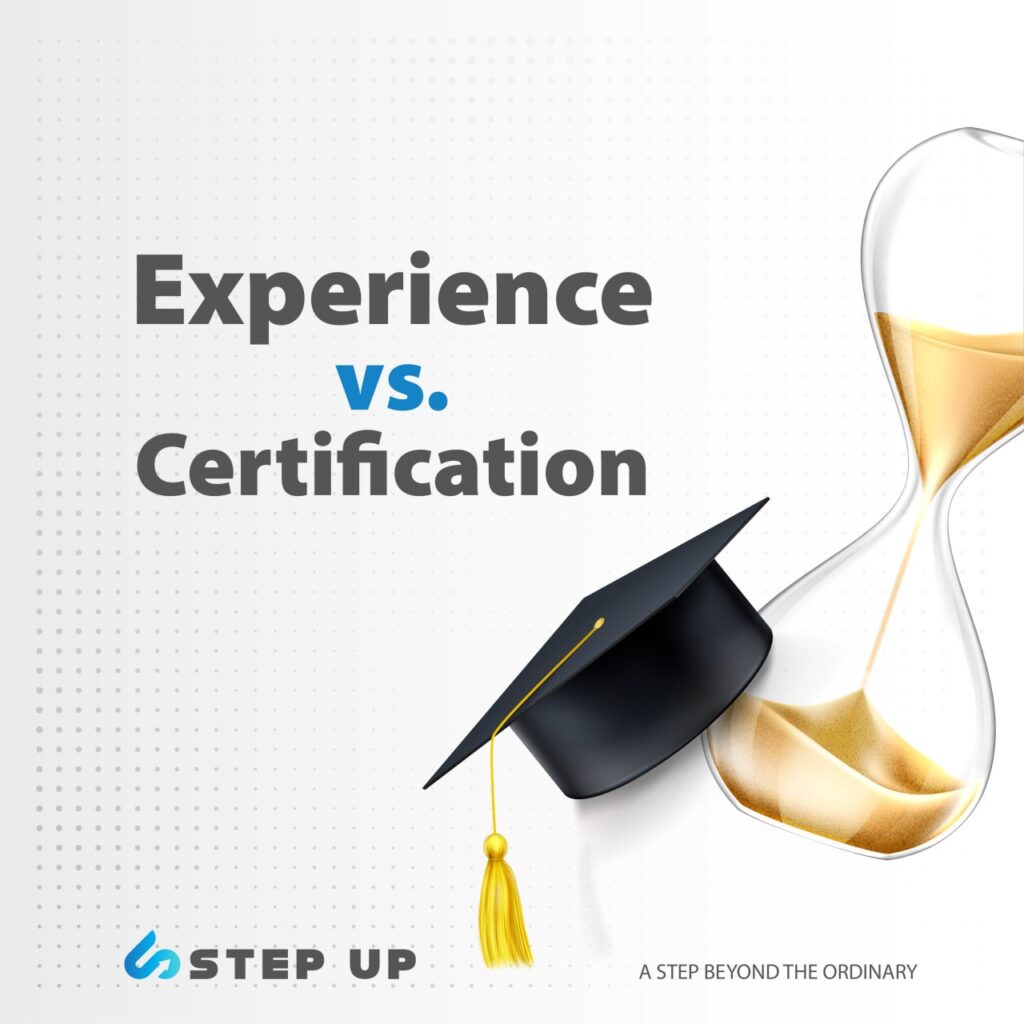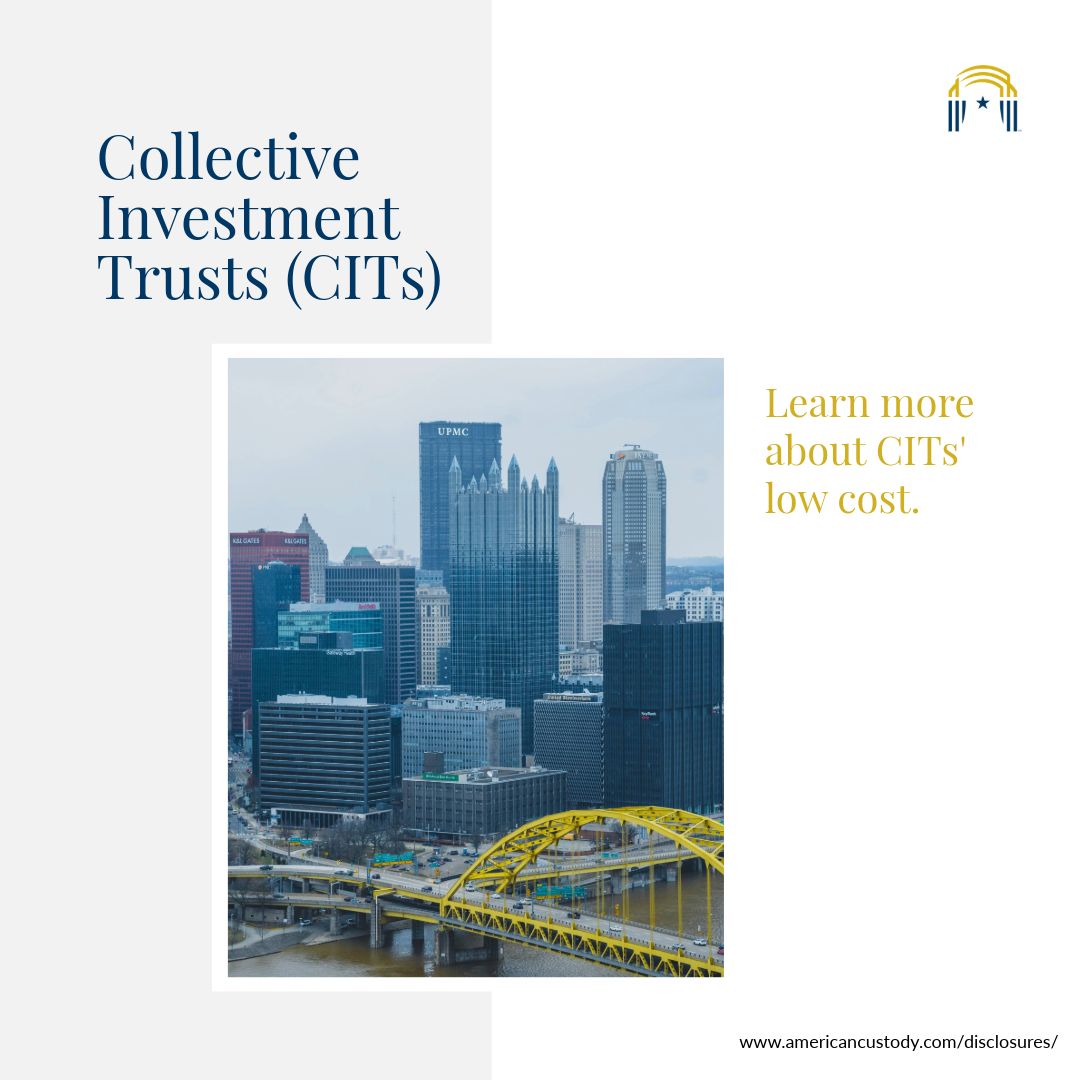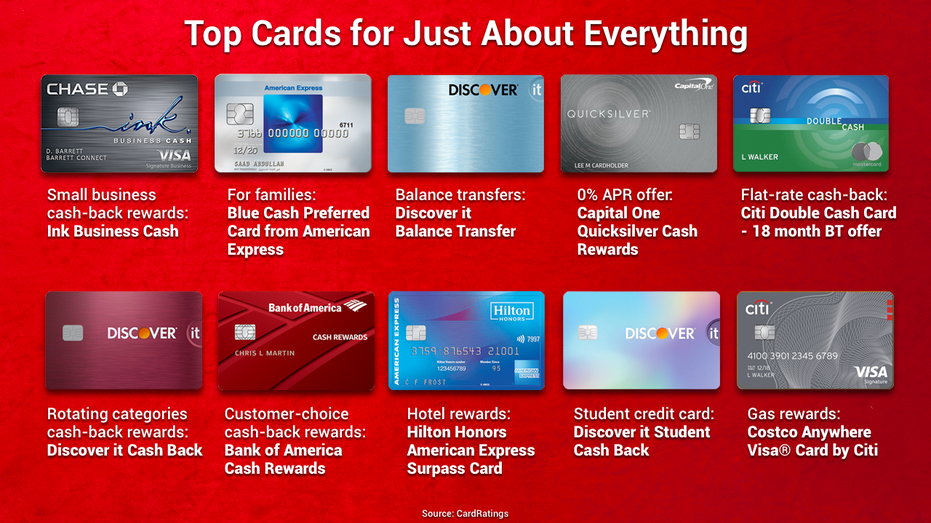Certification vs Experience
Choosing Between Certification and Experience for Advancing Your Career
Hey there! Are you at a crossroads in your career, wondering whether to prioritize getting certified or gaining more work experience? It can be a tough decision to make, as both factors play a crucial role in advancing your career. In this article, we’ll explore the pros and cons of choosing between certification and experience to help you make an informed decision that aligns with your career goals and aspirations.
Importance of Certification in the Job Market
When it comes to landing a job in today’s competitive market, having the right qualifications is essential. While experience is certainly valuable, certification holds a special place in the job market. Employers often use certifications as a way to gauge a potential candidate’s knowledge and skills in a specific area. This is especially true in industries that require specialized training, such as healthcare, IT, and finance.
One of the main reasons why certification is so important in the job market is that it demonstrates a level of expertise and dedication to a particular field. By obtaining a certification, individuals show their commitment to furthering their knowledge and skills, which can set them apart from other applicants. This can be particularly beneficial for those who are looking to make a career change or advance within their current field.
Moreover, certification can help individuals stand out in a crowded job market. With so many people vying for the same positions, having a certification can make a candidate more attractive to potential employers. It acts as a stamp of approval, indicating that the individual has met certain standards and possesses the necessary skills to excel in the role.
Furthermore, in some industries, certification is a requirement for certain positions. For example, in the healthcare field, professionals are often required to hold certifications in areas such as CPR, first aid, and infection control. Without these certifications, individuals may not be eligible for certain job opportunities, limiting their career prospects.
Additionally, certification can lead to increased earning potential. Studies have shown that certified professionals earn higher salaries than their non-certified counterparts. This is because certification demonstrates a level of competence and expertise that employers are willing to pay for. In fact, some employers may even offer bonuses or salary increases to employees who obtain relevant certifications.
Overall, certification plays a crucial role in the job market by showcasing an individual’s skills, dedication, and expertise in a particular field. It can help individuals stand out from the competition, open up new job opportunities, and increase their earning potential. While experience is valuable, certification provides a tangible way for individuals to demonstrate their qualifications and expertise to potential employers.
The Value of Practical Experience in a Career
When it comes to building a successful career, practical experience is often valued just as much, if not more, than certification. While certification can demonstrate a certain level of knowledge and skill in a particular field, real-world experience offers a unique perspective that cannot be gained through textbooks or exams.
Practical experience allows individuals to apply their knowledge in a hands-on setting, gaining a deeper understanding of how concepts work in practice. This type of experiential learning can help individuals develop problem-solving skills, critical thinking abilities, and the ability to adapt to new situations. It also provides valuable insight into the day-to-day realities of a given industry, helping individuals make more informed decisions about their career paths.
One of the main advantages of practical experience is its ability to teach individuals how to navigate the complexities of a particular field. In many cases, real-world experience is required to truly master a subject or skill, as it allows individuals to learn from their mistakes and refine their techniques over time. This hands-on learning process can be invaluable in developing a deep level of expertise that certification alone cannot provide.
Moreover, practical experience can also help individuals build a network of contacts within their industry, which can be crucial for career advancement. By working alongside seasoned professionals and building relationships with colleagues, individuals can gain access to valuable mentorship, job opportunities, and industry insights that can help them excel in their chosen field.
Another key benefit of practical experience is its ability to boost confidence and self-assurance. By successfully navigating real-world challenges and overcoming obstacles, individuals can gain a sense of accomplishment and mastery that can bolster their confidence in their abilities. This confidence can be a valuable asset in a competitive job market, helping individuals stand out from the crowd and secure new opportunities.
In conclusion, while certification can certainly be a valuable asset in a career, practical experience is often just as important, if not more so. Real-world experience provides individuals with the hands-on knowledge, skills, and perspectives that can help them excel in their chosen field. By gaining practical experience, individuals can develop a deep level of expertise, build a network of industry contacts, and boost their confidence, all of which can be essential for long-term career success.
Balancing Certification and Experience in Advancing Your Career
When it comes to advancing your career, there is often a debate between the value of certifications and experience. Some people argue that certifications are essential for demonstrating your skills and knowledge in a particular field. Others believe that experience is more important, as it provides practical, real-world skills that cannot be taught in a classroom setting. So, what is the right approach? How can you balance certification and experience to maximize your career potential?
First and foremost, it’s essential to understand the benefits of certifications. Certifications can provide you with specialized knowledge and skills that can set you apart from others in your field. They demonstrate that you have taken the time and effort to gain expertise in a particular area, and can be a valuable asset when applying for jobs or seeking promotions. Certifications can also help you stay current with the latest trends and technologies in your industry, ensuring that you remain competitive in the job market.
On the other hand, experience is equally important in advancing your career. While certifications can provide you with theoretical knowledge, experience allows you to put that knowledge into practice. It helps you develop practical skills, problem-solving abilities, and the ability to adapt to different situations. Employers often value experience because it demonstrates that you can apply your knowledge in a real-world setting and achieve results. Additionally, experience can help you build a network of contacts, mentors, and references that can be invaluable in advancing your career.
So, how can you balance certification and experience to advance your career effectively? One approach is to prioritize certifications that are relevant to your career goals and complement them with hands-on experience. For example, if you are interested in project management, you may want to pursue certifications such as PMP or CAPM while also gaining experience by leading projects at work or volunteering for project-based assignments. This combination of theoretical knowledge and practical skills can make you a more well-rounded and competitive candidate in the job market.
Another way to balance certification and experience is to seek out opportunities for professional development and continuous learning. This can include attending workshops, seminars, and conferences in your field, taking on new projects or assignments at work, or seeking out mentorship opportunities. By continuously learning and growing, you can build a strong foundation of knowledge and skills while also gaining the practical experience needed to succeed in your career.
In conclusion, both certification and experience play a vital role in advancing your career. By finding the right balance between the two, you can maximize your career potential and position yourself for success in a competitive job market. So, whether you are pursuing a new certification, gaining hands-on experience, or seeking out continuous learning opportunities, remember that both certification and experience are valuable assets that can help you achieve your career goals.
How to Gain Relevant Experience in a Competitive Job Market
When it comes to securing a job in a competitive market, having relevant experience is just as important as having certifications. Employers want to see that you have hands-on experience in the field and can apply your knowledge in real-world scenarios. Here are some tips on gaining relevant experience in a competitive job market:
1. Internships and Co-op Programs: One of the most effective ways to gain relevant experience is through internships or co-op programs. These programs allow you to work in a professional setting, gain hands-on experience, and make valuable connections in the industry. Many companies even use internships as a way to recruit top talent, so it’s a win-win situation for both parties.
2. Volunteer Work: Volunteering is another great way to gain relevant experience, especially if you’re just starting out in your career. Look for opportunities to volunteer at non-profit organizations, community events, or industry conferences. Not only will you gain valuable experience, but you’ll also be able to give back to the community and make a difference.
3. Freelancing and Side Projects: If you have a specific skill or expertise, consider freelancing or working on side projects to gain relevant experience. This can be a great way to build your portfolio, showcase your abilities, and network with potential clients or employers. Plus, freelancing allows you to work on your own schedule and take on projects that interest you.
4. Networking and Informational Interviews: In a competitive job market, sometimes it’s not just about what you know but who you know. Networking is key to gaining relevant experience and landing a job. Attend industry events, join professional organizations, and connect with professionals in your field. Informational interviews are also a great way to gain insights into different roles, companies, and industries.
By following these tips and actively seeking out opportunities to gain relevant experience, you’ll be better equipped to stand out in a competitive job market. Remember, experience is just as important as certifications, so make sure to prioritize gaining hands-on experience in your field.
Leveraging Both Certification and Experience for Career Success
When it comes to advancing in your career, many professionals wonder whether they should prioritize obtaining certifications or gaining more experience. The truth is, both are important and can be leveraged to enhance your career success. Here are some ways you can effectively utilize both certification and experience to propel your career forward.
1. Complementing each other
Certifications and experience are like peanut butter and jelly – they complement each other perfectly. While certifications provide you with the theoretical knowledge and foundation in a particular field, experience allows you to apply that knowledge in real-world scenarios. By obtaining certifications in your field of interest and gaining hands-on experience, you will have a more well-rounded skill set and be better equipped to tackle challenges in your career.
2. Building credibility
Having both certifications and experience under your belt can significantly boost your credibility in the eyes of employers. Certifications demonstrate your commitment to continuous learning and staying up-to-date with industry trends, while experience shows that you have practical skills and can navigate real-world challenges. Together, they create a powerful combination that can make you a top candidate for job opportunities.
3. Opening doors
Having certifications can open doors to new opportunities that may not have been available to you otherwise. Employers often look for candidates who possess specific certifications in addition to relevant experience. By obtaining certifications in key areas of your field, you can make yourself more marketable and increase your chances of landing your dream job.
4. Accelerating your career progression
Combining certifications and experience can accelerate your career progression. Certifications can help you qualify for higher-level positions or promotions within your current organization, while experience allows you to hit the ground running in these roles. By leveraging both certification and experience, you can climb the corporate ladder faster and achieve your career goals sooner.
5. Networking and professional development
In addition to certifications and experience, networking and ongoing professional development are key components of career success. Attending industry events, joining professional organizations, and connecting with peers in your field can help you expand your network, gain valuable insights, and access new opportunities. By continuously learning and building relationships within your industry, you can stay ahead of the curve and advance your career further.






